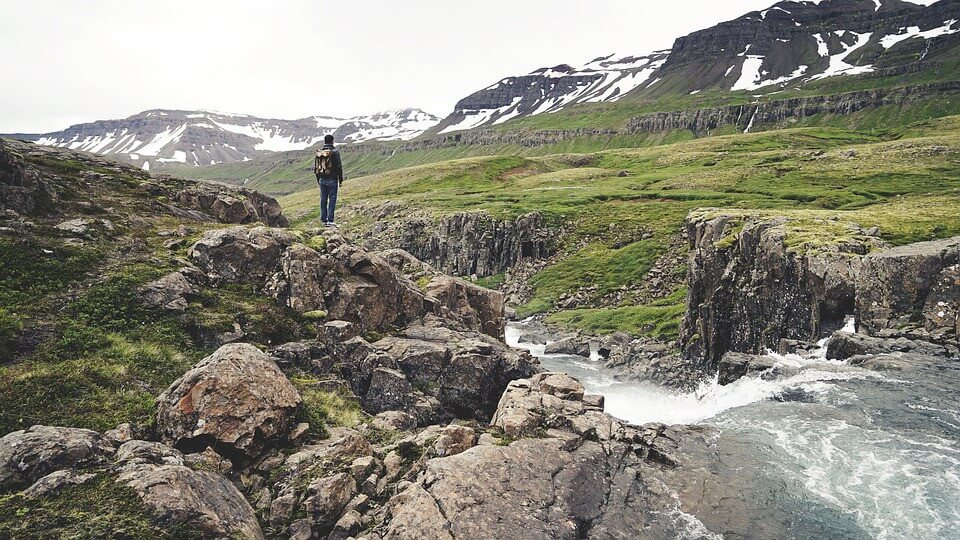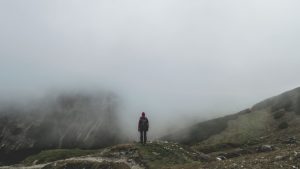We live in an age of infrequent physical activity and fixation on the many screens in our personal orbits. Hiking offers liberation from this lifestyle. It’s healthful and emotionally therapeutic, and it’s a fantastic way to connect with the natural beauty existent just outside (or even within) one’s city or town. Before taking up hiking as a new hobby, we’ll explore the basics to make the experience as enjoyable and safe as possible.
- Pack everything that may be needed. Seasoned hikers always include the following items:
- A map of the trail and a compass
- Sun protection (a wide-brimmed hat, UV-protectant sunglasses, sunscreen, protective lip balm)
- Insulation (a fleece sweater, rain gear, an insulated jacket, and a beanie hat)
- A headlamp with extra batteries
- A first aid kit
- Snacks and a lunch for longer hikes
- A fire kit (wooden matches, a fire steel, and cotton balls soaked in petroleum jelly)
- Plenty of water (a liter for every two hours of hiking)
- A multitool, duct tape, and safety pins
- An emergency bivy and possibly a tarp and paracord for longer hikes
- Emergency contact information and a loud whistle; toilet paper and a trowel for longer hikes
- A camera or art supplies (optional)
- There’s no single best hiking boot or shoe. New hikers should visit a reputable outfitter and try on several different styles to determine their best fit. Heavy leather models have a great look and are durable but take longer to break in; newer styles are often more comfortable and require less break-in time. Regarding socks, wool and synthetic are much better choices than cotton.
- Don’t overpack. Though this piece of advice may seem at odds with the first tip, good hikers limit the weight of everything possible. The weight of drinking water is unavoidable, but a good hydration pack and/or backpack will distribute the weight evenly and comfortably. Choose clothing that does the job without being bulky or heavy; synthetic fabrics work well. Keep bottles of sunscreen, the multitool, and the headlamp small and light. What may seem comfortable at the trailhead can begin to feel miserable as the miles progress.
- New hikers should start out with a bit of caution, to choose trails suited to their fitness level, and to pace themselves. With time and experience, they’ll discover their capabilities and be better-prepared to challenge themselves.
- Experienced hikers study the trail before setting out; they want to know what they’re likely to encounter. They also check the weather and tell someone who’s not going on the hike where they’re going and how long they expect to be gone.
Hiking is a great pastime that combines exercise with time spent surrounded by natural beauty. With the help of the provided tips, it’s a hobby with a gentle learning curve.

